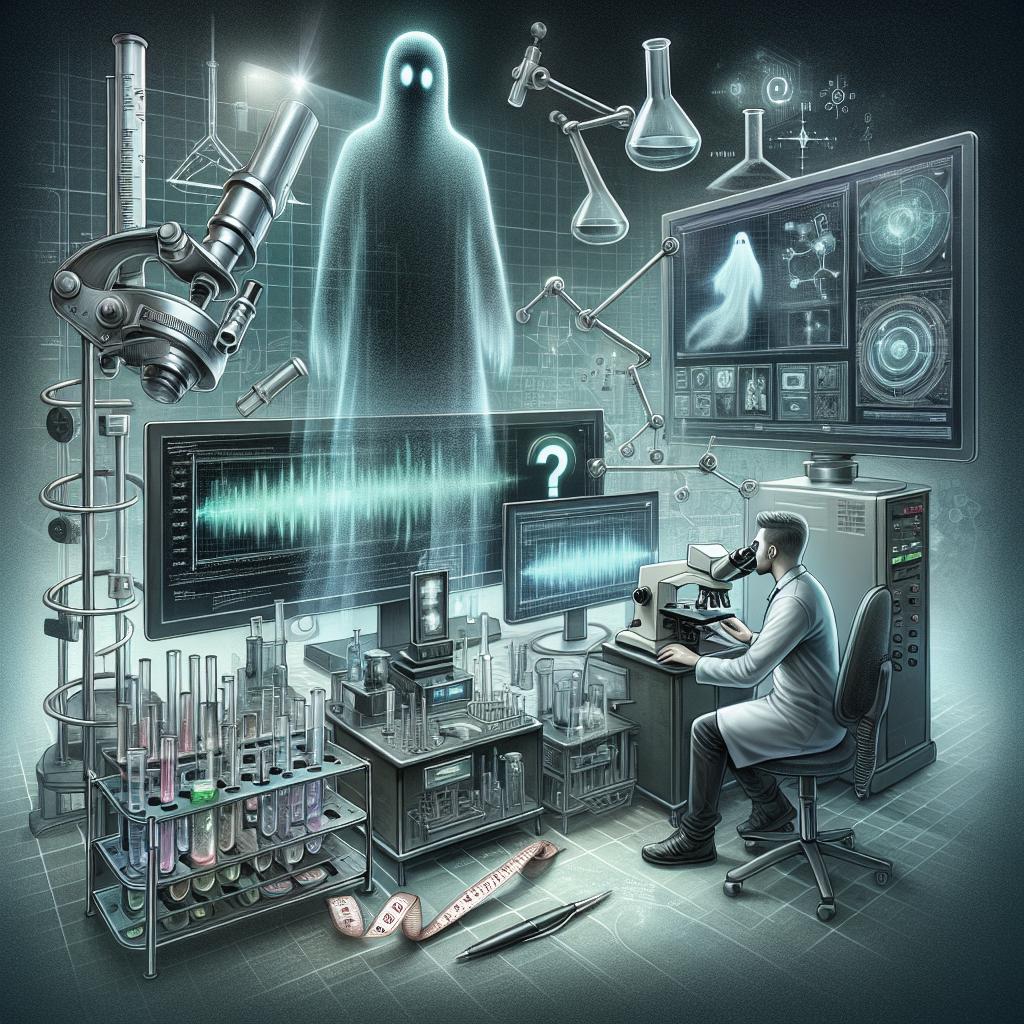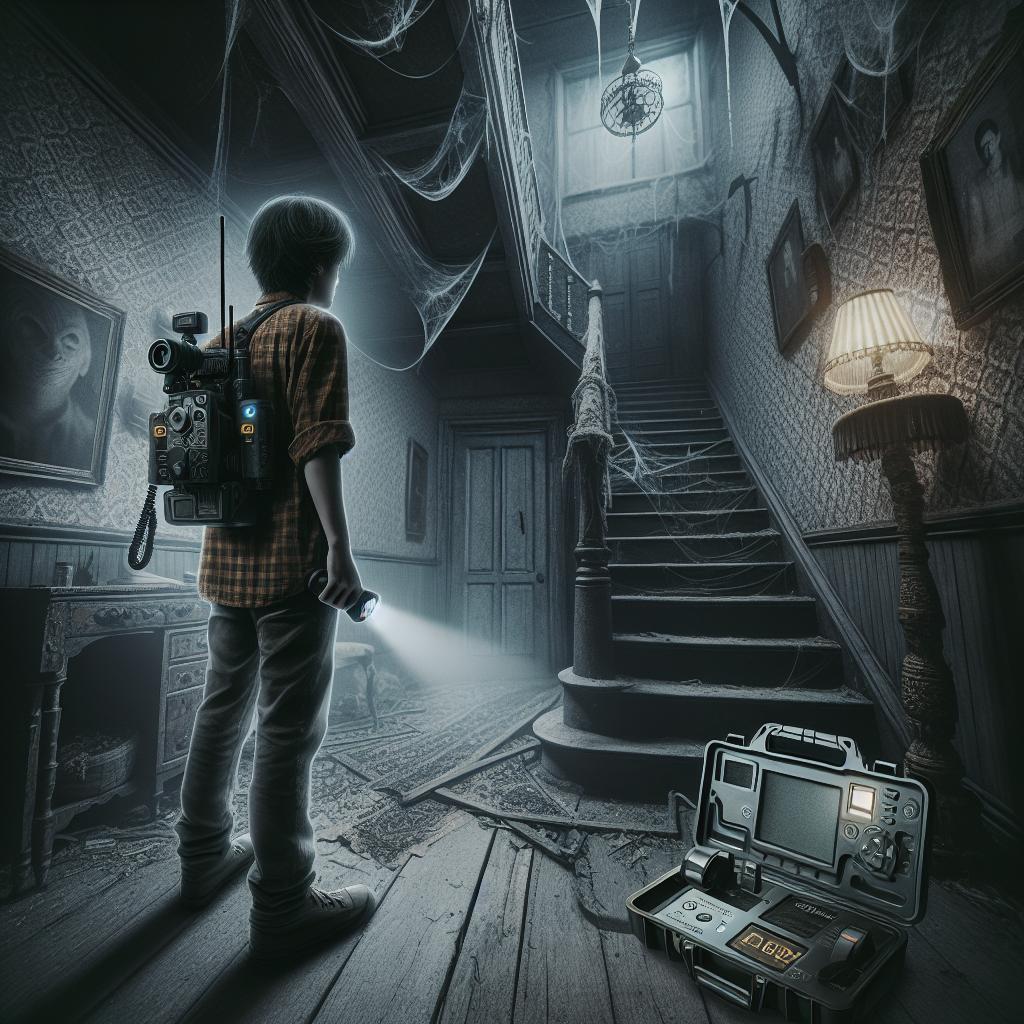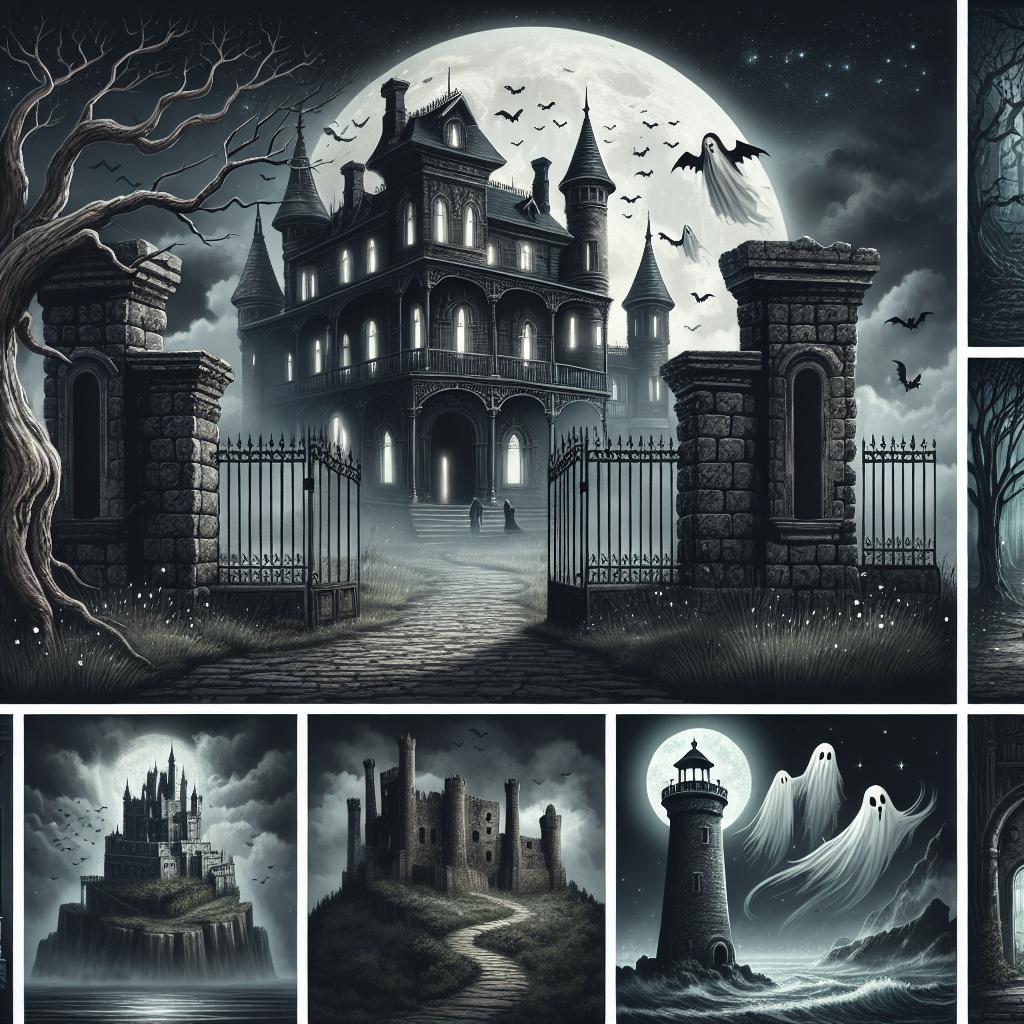“`html
Incorporating Scientific Skepticism in Ghost Research
Ghost research has long fascinated both believers and skeptics alike, creating a paradigm where folklore and science intersect. To enhance the credibility and validity of ghost research, it’s essential to approach it with scientific skepticism. This blog post will explore various ways of incorporating scientific rigor into ghost research, ensuring findings are reliable and unbiased. From understanding the morning email routines of notable ghost researchers to learning what our shopping habits can tell us about scientific skepticism, the article will provide insights into enriching ghost research methodologies. We will also explore how partnerships and collaborations can lead to more innovative and skeptical approaches in ghost research.
The Morning Email
The morning email has become a pivotal part of modern life, but how can it play a role in ghost research? It all starts with staying informed. By subscribing to scientific journals and newsletters about paranormal research, enthusiasts can ensure they receive a daily dose of up-to-date information. This allows researchers to approach ghost studies with a well-rounded foundation in scientific developments.
Moreover, exchanging emails with other researchers in the field can fuel collaborations that enhance scientific skepticism. By questioning each other’s methodologies and data interpretations, researchers can refine their approaches and eliminate biases. This practice enriches the ghost research landscape, promoting a comprehensive and credible exploration of paranormal phenomena.
HuffPost Shopping’s Best Finds
At first glance, shopping may seem unrelated to ghost research, but HuffPost Shopping’s best finds can offer valuable lessons. Science skeptics tend to question the value and authenticity of products, mirroring the skepticism required in ghost research. Understanding how to identify genuine products can teach researchers how to filter out noise in the data and focus on authentic paranormal events.
When searching for equipment such as EMF detectors or thermal cameras—a staple in ghost hunting—applying skepticism used in finding reliable shopping deals can be crucial. Selecting well-reviewed and scientifically-backed tools ensures the data collected is trustworthy. This not only enhances the research quality but also aligns with the principles of scientific integrity and skepticism.
Related
To thoroughly incorporate skepticism, it’s beneficial to explore related disciplines and methodologies. Psychologists, for instance, have much to offer in understanding human perception and its impacts on alleged paranormal experiences. Collaborations with these experts can help ghost researchers frame their studies in a scientifically robust manner.
Furthermore, learning from historical cases of ghost research and examining how past researchers have navigated skepticism can provide a roadmap for contemporary studies. This insight can guide today’s researchers in adopting best practices and avoiding common pitfalls, thereby strengthening the scientific foundation of their work.
From Our Partner
Partnerships play a crucial role in enhancing scientific skepticism. Teaming up with university departments or scientific societies can provide access to additional resources such as advanced research tools and expertise from various fields. These collaborations can foster interdisciplinary approaches, making the research more well-rounded and less prone to bias.
Partnering with tech companies specializing in data collection and analysis tools can also be invaluable. These partnerships can help with rigorous data analysis, ensuring that conclusions drawn are based on solid evidence. By leveraging technology and data science, ghost researchers can greatly improve the quality and credibility of their findings.
From Our Partner
Another dimension of partnering involves engaging with media outlets to disseminate research findings responsibly. This partnership can help bridge the gap between scientific research and public perception. Properly communicating the nuances and limitations of ghost research can foster public understanding and appreciation for the scientific process.
Additionally, partners can aid in organizing workshops and seminars aimed at debunking myths and promoting critical thinking. Such educational initiatives can inspire the next generation of ghost researchers, instilling a culture of scientific inquiry and skepticism from the outset.
Lessons Learned
| Component | Role in Ghost Research |
|---|---|
| The Morning Email | Provides updated scientific information and fosters collaboration. |
| HuffPost Shopping’s Best Finds | Encourages critical evaluation of research equipment and methodologies. |
| Related Disciplines | Incorporates insights from psychology and history for a robust framework. |
| From Our Partner | Facilitates resource sharing and expertise through interdisciplinary collaborations. |
| Media and Public Engagement | Enhances public understanding and supports responsible communication of research findings. |
“`


